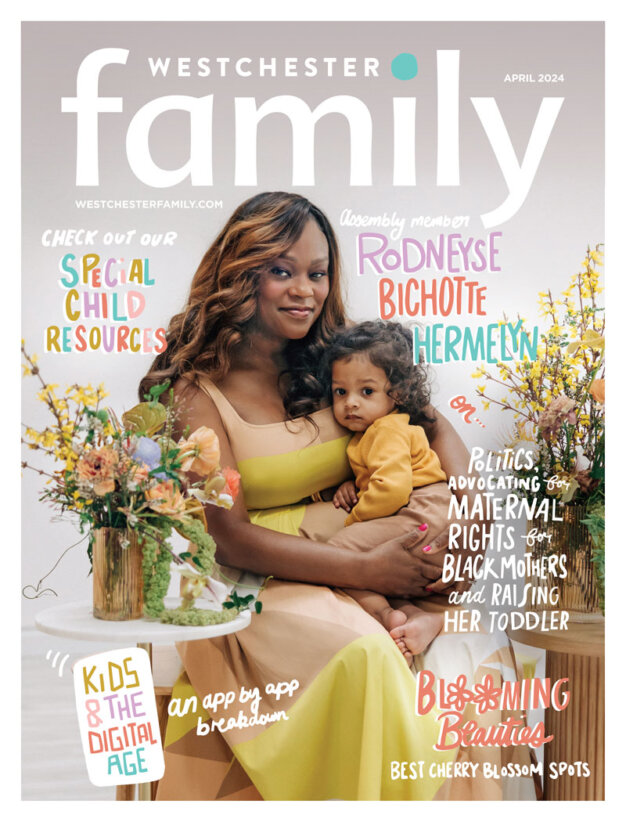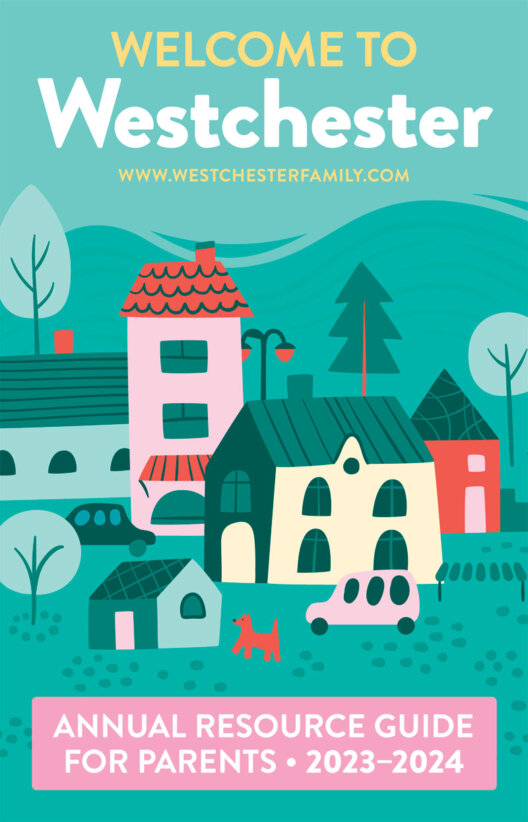Imagine the young woman who has just heard the dreaded words “breast cancer” from her physician. She is reeling from all the implications of this diagnosis – including, but not limited to, the physical and emotional impacts on her life. Her future family building may not even be in the top five of what this patient, or her doctor, is thinking about at this moment. But it certainly should be part of the conversation.
Kristin Der was one of these women. Diagnosed with breast cancer in 2014, at age 30, single, and with time working against her, Kristin was not able to preserve her eggs though cryopreservation (a process of freezing and storing cells). After a few long and hard months, she was left battered and bruised. A friend set her up on a blind date, in hopes of lifting her spirits. “I arrived at the restaurant (a very classy McDonalds) with no agenda, other than to try and keep the meal down, nausea still wreaking havoc,” Kristin explains. “And Jason turned out to be the man of my dreams.” After a lumpectomy, one romantic proposal, a small wedding, a bilateral mastectomy and months of rehabilitation, the couple decided to explore their options of building their family. They tried multiple methods of in-vitro fertilization (IVF), without success. After years of battling a choice that wasn’t hers, Kristin felt defeated. “Jason and I were tired of fighting the fight, tired of timing our lives around fertility treatments. Each shot, each pill, each ultrasound was a little more salt in the wound of my cancer diagnosis, which made it difficult to fully heal,” says Kristin.
Every Case is Different
As Kristin’s experience illustrates, each breast cancer diagnosis is different. There is no “typical” consultation that can be provided for women of reproductive age diagnosed with cancer, because the road ahead as it relates to fertility varies depending on the type and severity of the cancer, the cancer treatment plan, the woman’s age, her own desires about parenthood, among other factors.
Breast cancer, and its treatment, affects future conception, but it does not typically mean that conceiving becomes impossible. The common chemotherapy protocols can lower ovarian reserve (a phrase used to describe the quantity and quality of egg cells for reproduction). However, ovarian reserve is a reflection of fertility but not a direct correlation. There are many women with low ovarian reserve who do not have challenges conceiving, and other women with high ovarian reserve who do struggle to get pregnant. This is one of the many mysteries of conception and fertility, and good news for patients who have the misconception that a cancer diagnosis means they will no longer be fertile.
Timing
Trying to conceive during cancer treatment is not recommended, as chemotherapy is usually not compatible with healthy conception or pregnancy. Thus, the time that passes during treatment is another family building challenge from breast cancer. Advancing age can make it more difficult for any woman to get pregnant, so even a year or two of treatment and recovery can make it harder. But again, age is one factor of fertility, not an absolute.
Fortunately, there are many options available for patients to protect future fertility before treatment, including egg and embryo cryopreservation. Insurance coverage for preserving fertility for medical reasons varies widely state by state, which is why organizations such as RESOLVE New England and the Alliance for Fertility Preservation are advocating expanded access across the nation.
One of the most heart wrenching experiences can be when a woman is diagnosed with cancer when she is already pregnant. Again, the plan forward for each patient will vary, depending on factors, including the aggressiveness of the cancer and the stage of the pregnancy.
After Cancer
After breast cancer, many women will be successful building their families, if they wish to do so. This may happen the “old fashioned way” after treatment ends, or they might need medical intervention. For individuals and couples who wish to grow their families after cancer, it is critical to keep an open mind about the different paths to parenthood, including fertility treatments such as IVF, donor egg, surrogacy and adoption.
Despite their physical and emotional exhaustion, Kristin and Jason kept trying to become parents. “Our beautiful daughter Reagan was born on a warm October day in 2017,” she says. “How fitting, born during Breast Cancer Awareness month, which will always remind us of our loss, our struggle and ultimately our joy.”
Mary E. Sabatini, M.D., Ph.D. is the Medical Director of the Oncofertility Clinic, Massachusetts General Hospital.
For more information on RESOLVE New England see resol







